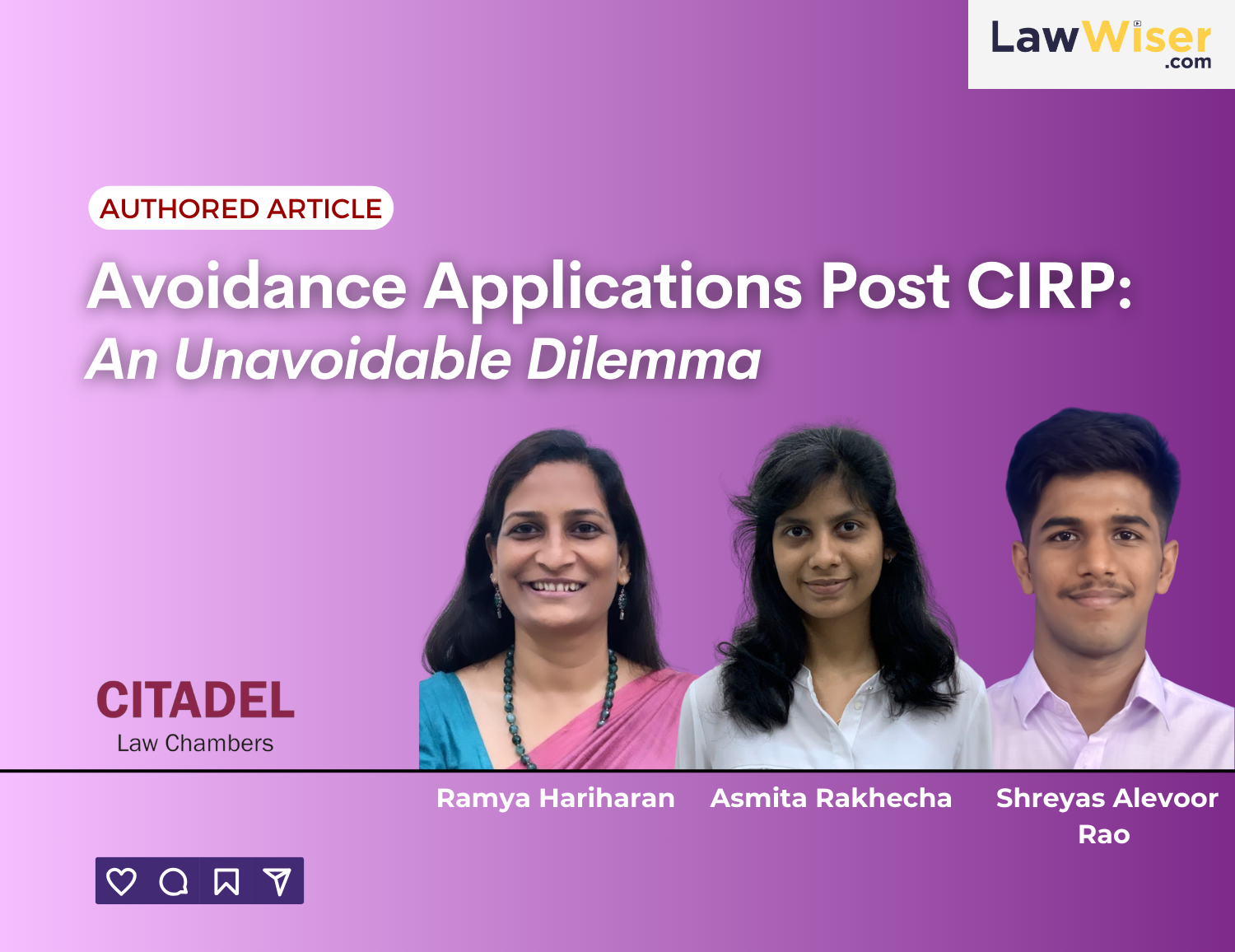An intentional tort in Indian law refers to a wrongful act committed deliberately to cause harm or injury to another person or their property. Unlike negligence, which involves unintentional conduct, intentional torts involve a deliberate violation of another’s rights. Common intentional torts include assault, battery, false imprisonment, defamation, trespass to land or chattels, and intentional infliction of emotional distress. Intentional torts can result in civil liability, where the injured party may seek compensation for damages caused by the tortfeasor’s actions. The burden of proof in intentional tort cases is higher than in negligence cases, as the plaintiff must demonstrate that the defendant acted with intent or knowledge of the consequences of their actions. Intentional torts are actionable offences under the Indian legal system, with remedies including monetary compensation, injunctions, and punitive damages to deter similar conduct in the future. The principles of justice and accountability underpin the legal framework governing intentional torts, ensuring that individuals are held responsible for their deliberate wrongdoing.
Don’t have an account? Sign Up
Intentional Tort
 June 8, 2024
June 8, 2024
Most Read
The In House Circle ArticleThe In House Circle Article
In Conversation with GC Hall of Fame – Anand Vardhan of Piramal Enterprises Limited
The In House Circle ArticleThe In House Circle Article
In Conversation with GC Hall of Fame – Swathi Kamath of GKN Automotive
Share
Write a Reply or Comment Cancel reply
CONTINUE READING
TWITTER FEED
- Congratulations to @VivekSoodDelhi for being recognised as ‘Emerging Senior Counsel of the Year’ at #UKILP… https://t.co/oHwBtL5geH
- Wishing you a Merry Christmas and a Happy New Year from all of us at LawWiser!#christmaseve #newyears https://t.co/ax6VOHyUcj
- Watch @AvaniShukla27, Associate- Content & Collaborations, LawWiser to learn about the recent landmark verdict give… https://t.co/OZnf0Z9PJr
- We are delighted to share that our Co-founder @LavanyaBehl1 is featured in the 30 people to watch in the… https://t.co/wmMrtvduKk
- Sanjeev Sachdeva has rejoined Luthra and Luthra Law Offices India Leadership team as Mentor and Partner. Read More… https://t.co/7F1M8p4w23
LINKEDIN FEED
- See you tomorrow at LawWiser Sip & Paint event, Co-hosted by Desai & Diwanji. #legal #law #lawfirm
- Wishing you a Happy Republic Day from all of us at LawWiser! #republicday #constitutionofindia
- Catch a glimpse of the vibrant moments from our previous Sip & Paint event.#legalevents #lawfirm #generalcounsel
- Exploring Essential Business Documents! In our latest video, we delved into crucial documents vital for every business journey: https://lnkd.in/d-vYuDDs
- From shaping ethical business practices to ensuring social justice, law plays a pivotal role in our world. Get ready to explore how legal frameworks empower businesses and create positive societal change.#staytuned #legal #lawforchange #changemakers











 October 9, 2024
October 9, 2024 0 COMMENTS
0 COMMENTS



